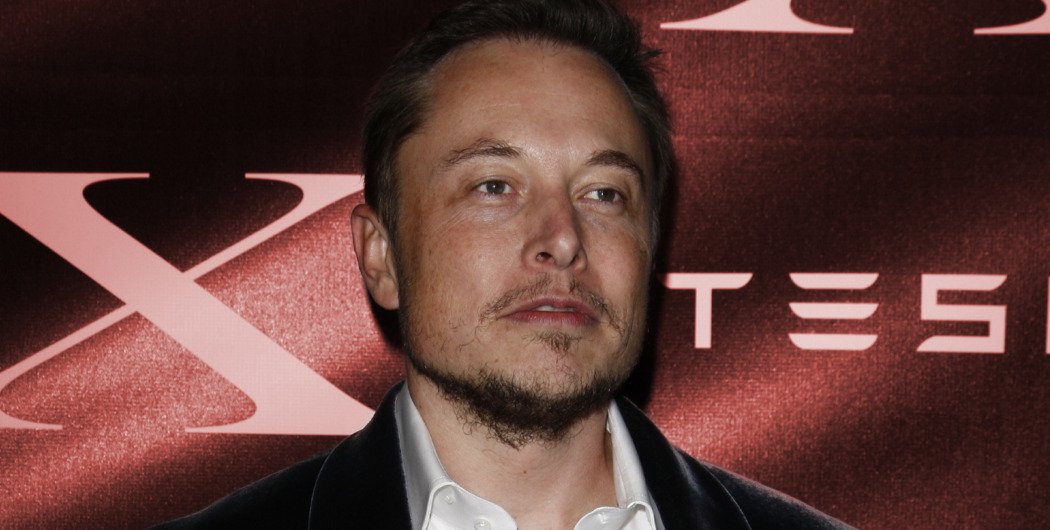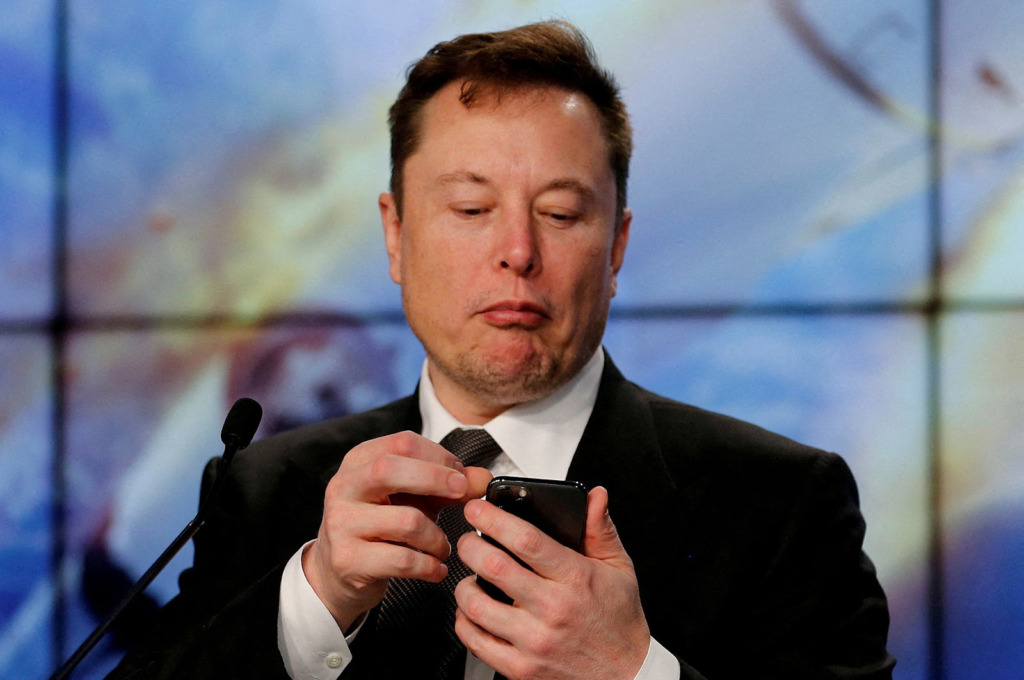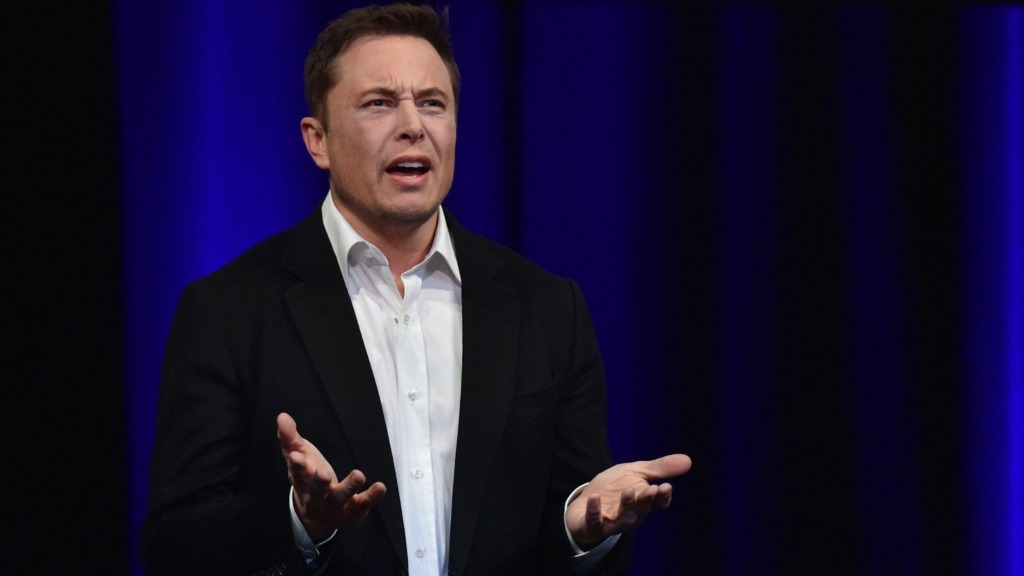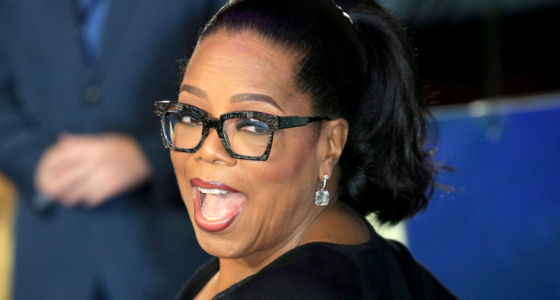

At twelve years old, Elon Musk coded a science-fiction-inspired space game called “Blastar” and got $500 for it. That was the first time Musk made substantial money, and he hasn’t stopped ever since.
A natural question among many is how Musk makes money. To answer the question simply, he’s a serial investor and entrepreneur. But there is a longer answer about his successful investments and investing approach, which this article will focus on.
Elon Musk’s investment strategy

Most billionaires hold a large portfolio of stocks without being involved in the company’s day-to-day operations. In contrast to this, Elon Musk takes on a more active role. His investments are divided across companies he started or controls.
After selling his first company, Compaq Computer Corporation, for $300 million, Musk invested most of the income in other companies. This was early in his career, and the business magnate has consistently had a substantial stake in all his companies.
So, you won’t get stock recommendations from Elon Musk aside from his own companies. He went through his entire personal prosperity by investing in SpaceX and Tesla until 2008. For a short period of time, he resorted to borrowing from friends.
Biggest investments in Musk’s portfolio
Many of Musk’s investments weren’t fruitful, as with any long-term investor. But some of them became the most exciting names in technology:
- 1995: Zip2 – Technology solutions for business directories
- 1999: X.com – An online bank
- 2000: PayPal – An online payments system
- 2002: SpaceX – A spacecraft manufacturer, launch provider, and satellite communications company
- 2004: Tesla – An automotive and clean energy company
- 2010: Deep Mind – Artificial intelligence
- 2015: OpenAI – AI research and deployment
- 2015: NeuroVigil – Neurotechnology, non-invasive wireless brain recording
- 2016: SolarCity – Solar energy generation
- 2016: Neuralink – Implantable brain-machine interfaces
- 2016: The Boring Company – Infrastructure and tunnel construction
- 2021: Cryptocurrency – Ethereum, Bitcoin, Dogecoin
- 2022: Twitter (proposed acquisition) – Social networking
Why Elon Musk recommends investing in physical assets
In a recent Twitter thread, Musk said that investors looking for advice should look into “physical things.” When inflation is high, companies that are making good products should be more stable than other sectors.
His main recommendations for diversifying investment portfolios are:
- Real estate: Single-family and multifamily houses, self-storage, and farmland are historically the best-performing assets. If these options are not feasible, consider buying shares of rental properties.
- Fine art: Art appreciates at an average rate of over 20%. As an alternative, you can invest in art funds or purchase shares of valuable works.
- Wine: Liv-ex Fine Wine 1000, the broadest measure of the market, has returned 8.6% year-to-date.
Despite putting his faith in physical assets, Musk is still holding on to crypto. DOGE/USD even saw a temporary spike after the Tweet.

Investments Elon Musk doesn’t make

The public can only speculate about the contents of Musk’s private portfolio. But it’s clear that he doesn’t hold large positions in well-known stocks unless he’s working directly with the company. And he backed out of his Twitter deal, which is another investment he didn’t make.
Bear in mind that Elon Musk isn’t a hedge fund manager, so he’s not obligated to disclose his positions. If you want specifics, you’ll learn much more from Warren Buffet’s portfolio.
Can you invest like Elon Musk?
There is lively debate about whether copycat trading or mirroring someone’s overall investment style is a good idea. If you were to copy anyone, Elon Musk would be an interesting pick. Besides, his investment strategy is rather simple, as far as he’s made public.
However, there are many downsides to copy and mirror trading. For one, your success would hinge on another investor’s success. If Elon Musk makes a bad trade, your portfolio will also take a hit. The second consideration is capital size. Practically no one can afford to make as big investments as Musk.
So, technically, you can invest like Elon Musk. But you should understand your limits and invest in a way that makes sense for your risk appetite.







